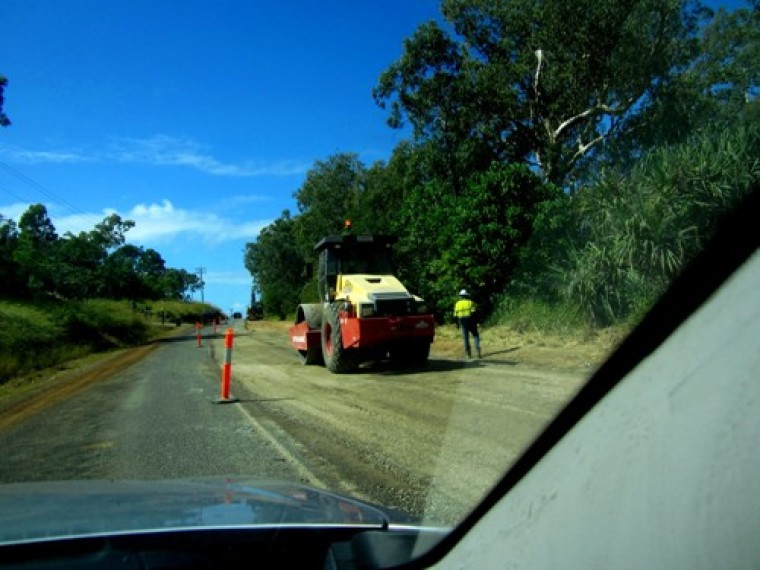
Already Environmentalists and the Greens have strongly criticised the federal government's plan to fund a $1.6bn truck highway in Perth, Western Australia that they say is an obscene waste of taxpayers' money as recently revealed in The Guardian. (www.theguardian.com)
$925m from the Commonwealth and $335m from the West Australian Government will see this project to fruition with $445 recouped through tolls. The project will include upgrading several thoroughfares in Perth's southern suburbs, including an extension to the Roe Highway.
Four years ago such infrastructure conflicts were highlighted in Sydney by Andrew West on two proposals being considered for a labyrinth of motorways across suburban Sydney. (www.smh.com.au)
This in reality could apply to any major city because traffic congestion from the suburbs to the inner city precincts are problems common across the world.
There are some basic associations which I drew attention to at that time in this column, that regardless of how well a public transport system operates with co-operation between rail and bus, the number of motor vehicles on that roads produces congestion that every one of us experience. (au.christiantoday.com)
Road Works
Core 101 expressway problems
Any city expressway system is only ever as good as are the 'exit' designs whereby traffic moving off the throughway can easily and speedily transverse the suburban road network. Similar problems exist in regional areas as I am a frequent traveller from Tweed Heads along the Gold Coast Freeway to Brisbane where this issue is identified every day when 'exit' traffic is seen banked up all the way back to the freeway itself.
There are many considerations regarding freeway planning such as how many children's playgrounds and parks and people's homes are required to string out monolith freeway systems? For every home that is taken, inner city schools lose students and thereby teachers. Christian churches too have had to reflect on how such changes of infrastructure might determine their ministry emphasis.
Where is the equilibrium between the needs of inner city residents, who by and large pay large sums of money to live close to the city and all that a city provides, to those who live in the sprawling suburbs but need to travel into the city? And what of commerce and industry whose needs are just as diversified?
City planners take broad views to contend with all these competing forces. They have the unenviable task of coming up with proposals to solve these types of perennial issues; proposals that the politicians can sell to the public who elect them to office.
In Sydney, the average speed in the morning peak hour on seven major roads - including all but one of Sydney's motorways - has fallen, from 34 kilometres per hour in 2003 to 30 kilometres per hour in 2008. In 2012 nothing had changed.
Dr Zeibots, a researcher at the Institute for Sustainable Futures at the University of Technology, Sydney, states "Quite clearly, motorway building has not reduced congestion otherwise speeds would have improved.''
Grader at work
Traffic chaos
This has been the trend in every major city in the world where traffic chaos is the order of the day. There may come a time when all private traffic will be prohibited from the inner city between set hours, as is being trialled in other large cities such as London. Beijing for other reasons such as air-pollution rates (smog) have all traffic banned from the city environs.
Issues such as electric motor vehicles might work toward solving one issue but may be the root cause of even further congestion with added vehicular movements. Moreover the other question is whether the various modes of public transport are able to cope.
Mega Churches consisting of five to twenty five thousand people are likewise concerned over such issues as many cities around the world today have seven day shopping and this church traffic too needs to compete. There might come a time when such church services might only be permitted at specific rotational time 'traffic' slots.
School buses in rural areas inevitably use highways
Dr Mark Tronson is a Baptist minister (retired) who served as the Australian cricket team chaplain for 17 years (2000 ret) and established Life After Cricket in 2001. He was recognised by the Olympic Ministry Medal in 2009 presented by Carl Lewis Olympian of the Century. He mentors young writers and has written 24 books, and enjoys writing. He is married to Delma, with four adult children and grand-children.
Mark Tronson's archive of articles can be viewed at www.pressserviceinternational.org/mark-tronson.html



